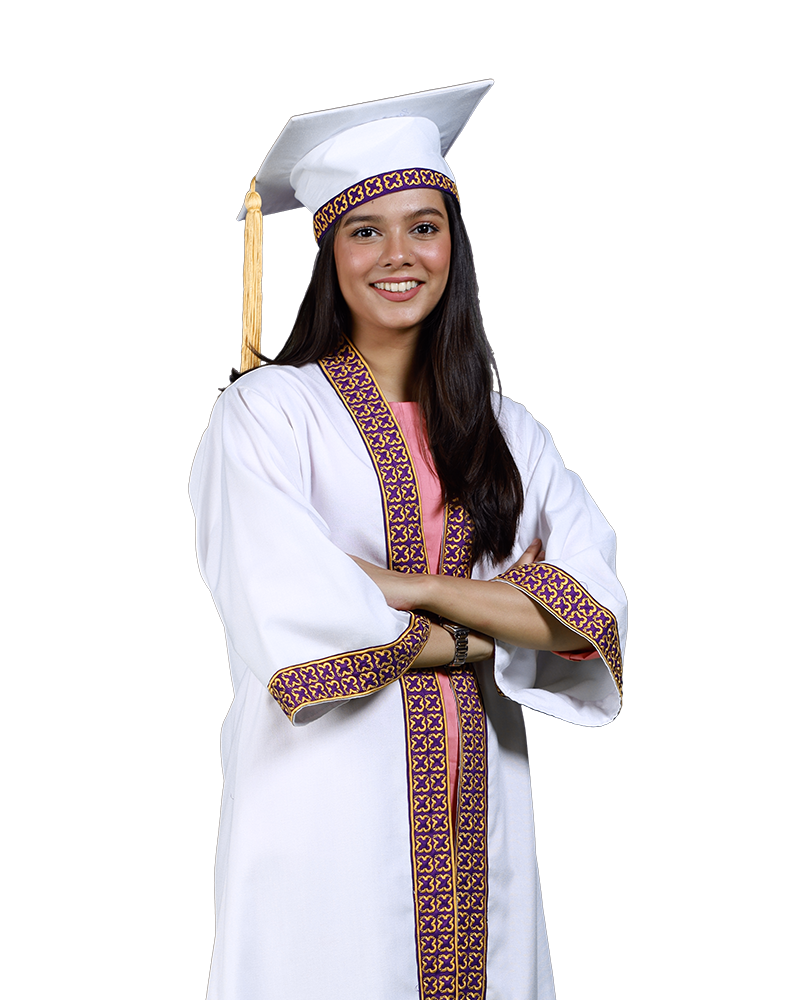
AIMAN NOUMAN
Aspiration Statement
I want to gain professional experience in UX Design or Design Research and also want to pursue post graduation in the same field. My other passions include painting and illustration with which I can start my own venture too.
Core Skills
- Design Research
- Adobe Illustrator and Photoshop: Illustrating and Editing
- UI Design
- Academic and Research Writing
- Service Blueprinting, Stakeholder Mapping, Empathy Mapping, Customer Journey Mapping, Artefact Analysis
Academic Awards / Achievements
- HU TOPS Scholar (Habib University's Talent Outreach, Promotion and Support Program)
Experience
Leadership / Meta-curricular
- Orientation Leader - Orientation Week for the Batch of 2024
- President - Pride Press: Publications club at Habib
Internship / Volunteer Work
- Digital Trainee Officer - Faysal Bank Limited
- Ul/UX Designer — Valsium
- Academic Operations, Ul/UX Designer —Habib University
- Ul/UX Designer — Cloud Primero
Publications / Creative Projects
- Effectiveness of Working from Home during the Covid-19 Pandemic: Participated in AASSA-PAS Webinar Series 2021 to present the abstract of our project. The theme of the Webinar was Pandemic Preparedness: Science and Countermeasures Webinar III held on 25th May, 2021
- LUMS' International Student Journalism Conference : Represented Pride Press (Habib University's Publication club) along with the Executive Council at the LUMS' International Student Journalism Conference arranged by LUMS Daily Student
Final Year Project
Project Title
Qubool Hai! Magar Kya? Assessing Women's Agency on their Nikah Nama in Pakistan
Description
Marriage is an important institution in Pakistan. The institution is framed in such a cultural and religious lens that its legal implications are usually neglected. Even the results show that one of the most important documents for commencing marriage, the Nikah Nama, is left to be filled at the end moment. Results also reveal that women are usually kept out of the process of filling their Nikah Nama. They are not given much agency to add conditions and agreements that can help them resolve disputes later in their marital lives. Therefore, the project aims to analyze the historical scenario and the imbalances of power in the society that strips away women's agency and accessibility to their own marital documents. Along with the existing literature on the topic, this is done through interviews conducted with women and a lawyer.